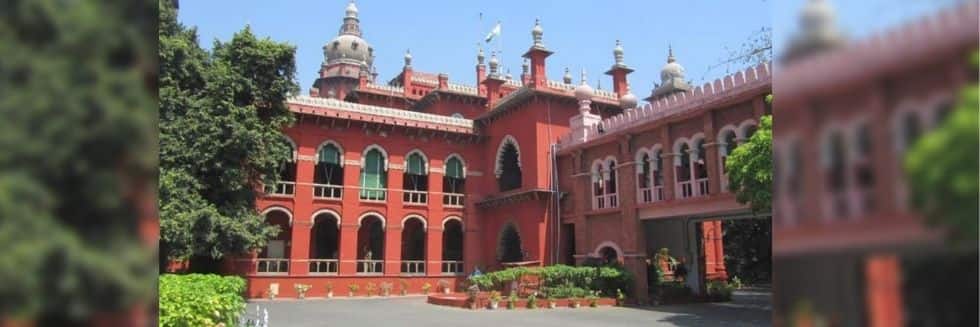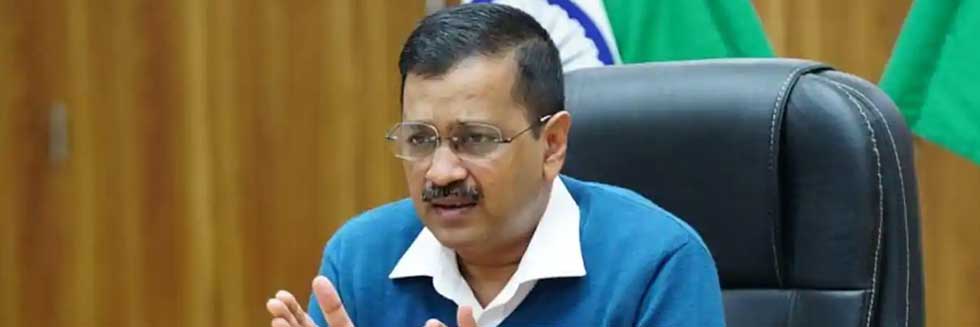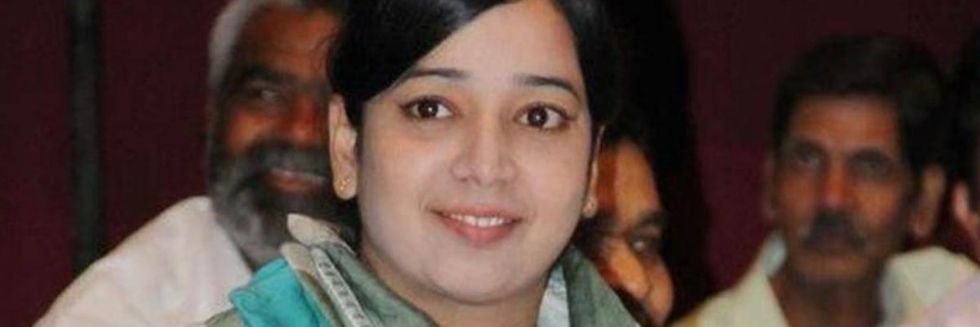A three-judge committee of the Madras High Court has questioned the constitutional validity of setting up Special Courts to exclusively try MPs and MLAs for various crimes, pursuant to the apex court’s orders for fast-tracking cases against lawmakers.
The three-judge criminal rules committee of the High Court has said that the special courts (directed to be set up for the first time in 2017) can only be ‘offense centric’ and not ‘offender centric’ and can be constituted only by statute and not by ‘judicial or executive fiats’.
“An MP/MLA, who commits an offense under the POCSO Act [or other Special Acts like Prevention of Corruption Act, Narcotic Drugs and Psychotropic Substances Act] can only be tried by a Special Court created under the POCSO Act [PC Act, NDPS Act] and there cannot be another Special Court exclusively for the trial of an MP/MLA, who commits POCSO offense,” the Madras High Court Committee stated in its report.
The HC Committee report, dated October 13 is a part of the status report filed by amicus curiae Vijay Hansaria and advocate Sneha Kalita in the Supreme Court on Monday. This comes in the face of a 2017 Supreme Court order authorizing the Centre to set up 12 Special Courts to exclusively try criminal politicians across the country.
It also comes at a time when a three-judge Bench of the apex court led by Justice N.V. Ramana is looking at ways to expedite these trials pending for years, in some cases, for decades. Over 4,400 criminal trials are pending against legislators. Of this, over 2500 trials involve sitting legislators.
“The two principal political parties viz., DMK and AIADMK, whenever they come to power, file defamation cases against opposition leaders in the court of sessions. These cases will invariably be stayed by the High Court. When there is a change in government, all the cases filed by the previous government will be withdrawn,” the report noted.
Earlier on 6th October, the apex court had directed all the High Courts to provide information on the number of special courts for cases involving MPs/MLAs, in a prescribed format, to provide more clarity on the rationalizing exercise.






